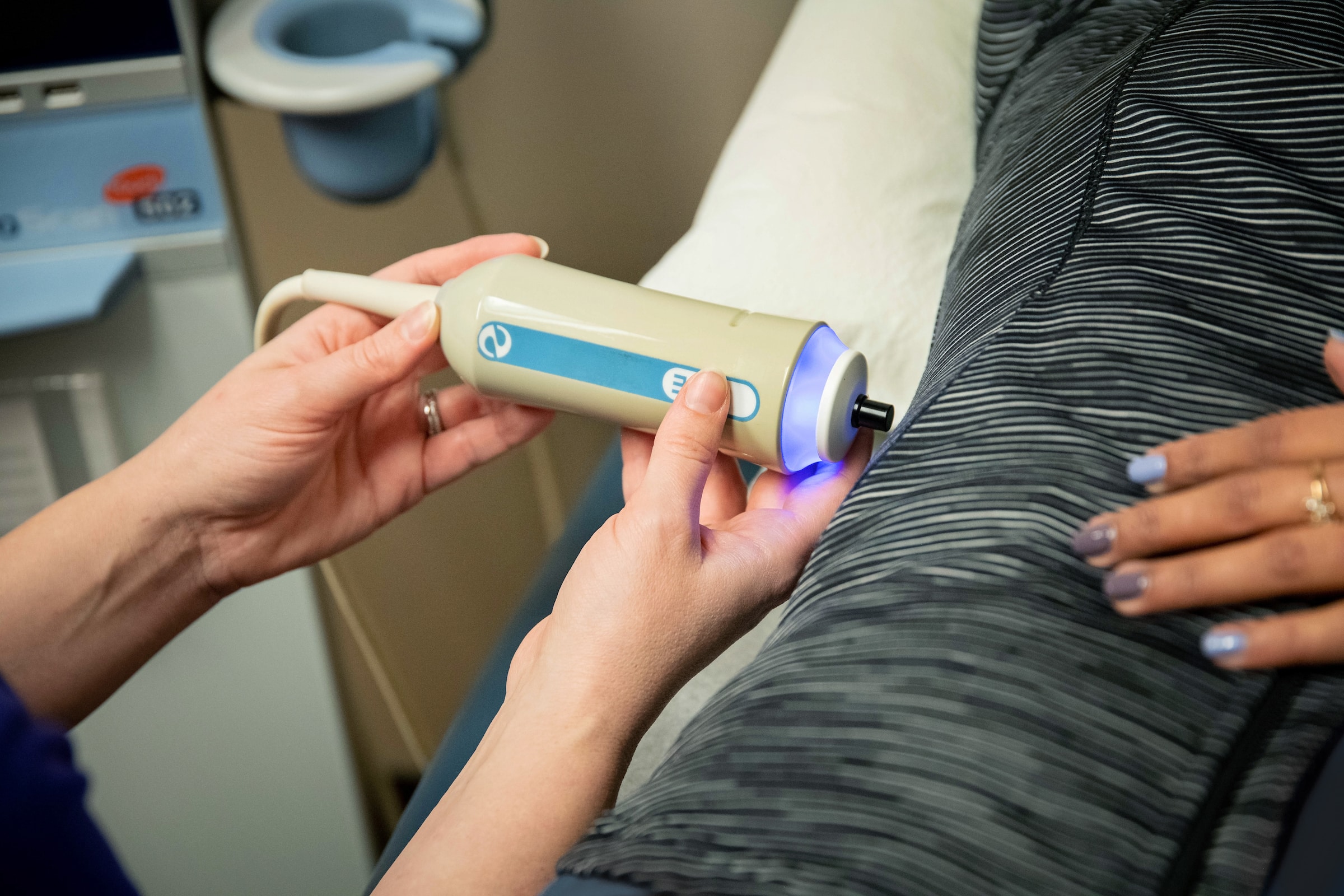
Nonalcoholic fatty liver disease (NAFLD), or fatty liver, is the most common form of liver disease in the U.S. The liver is an essential organ that is responsible for multiple life-supporting functions. In the case of NAFLD, extra fat accumulates in the liver. A healthy liver will always contain a small amount of fat. The accumulation of fat becomes a problem when it reaches 5% to 10% of the liver’s weight.
Recent media reports have sounded the alarm about NAFLD and its growing impact on the health of Americans. Data from the CDC’s National Health and Nutrition Examination Survey revealed that, overall, cases of NAFLD rose from 16% in 1988 to 37% in 2018, an increase of 131%.
Severe cases of NAFLD, which is not caused by excess alcohol consumption, can lead to swelling and further damage of the liver, ultimately resulting in fibrosis, cirrhosis or liver cancer.
What increases your risk of developing NAFLD?
- Being overweight or obese
- Having certain metabolic disorders such as diabetes, pre-diabetes, high cholesterol and high blood pressure
- Having an apple rather than a pear shape
Early diagnosis is key to treating and managing NAFLD. The condition is diagnosed through routine blood work. If the blood work reveals elevated enzymes, your doctor may order a liver ultrasound, biopsy or FibroScan exam. FibroScan is a non-invasive, outpatient exam used to measure liver scarring (fibrosis) and fatty change (steatosis) caused by liver diseases. South Denver GI was the first gastroenterology practice in Denver to offer FibroScan to patients.
If imaging results show liver damage, you may be referred to gastroenterologist/hepatologist to determine the severity of the disease and develop a treatment plan.
People do not usually develop symptoms for many years. When NAFLD symptoms do present, they may include:
- Abdominal pain or a feeling of fullness in the upper right side of the abdomen
- Nausea, loss of appetite or weight loss
- Jaundice (yellowish of skin and whites of the eyes)
- Swollen abdomen and legs
- Extreme tiredness or mental confusion
- Weakness
Treatment options
NAFLD is often treated with a combination of diet and exercise to help reverse the condition by healing the liver. Your doctor may recommend that you:
- Eat smaller portion sizes
- Reduce your alcohol consumption
- Reduce the number of calories you consume each day. Talk to your doctor about what dietary guidelines are right for you.
- Exercise to reduce as much as 10% of your body weight
At South Denver GI, our provider team has expertise in assessing and treating all stages of NAFLD. Three of our physicians, Dr. Kyrsten Fairbanks, Dr. Marcelo Kugelmas and Dr. Aimée Truesdale, are fellowship-trained in hepatology.
If you’ve been diagnosed with NAFLD or would like an assessment of your liver function, contact us today to schedule an appointment.

